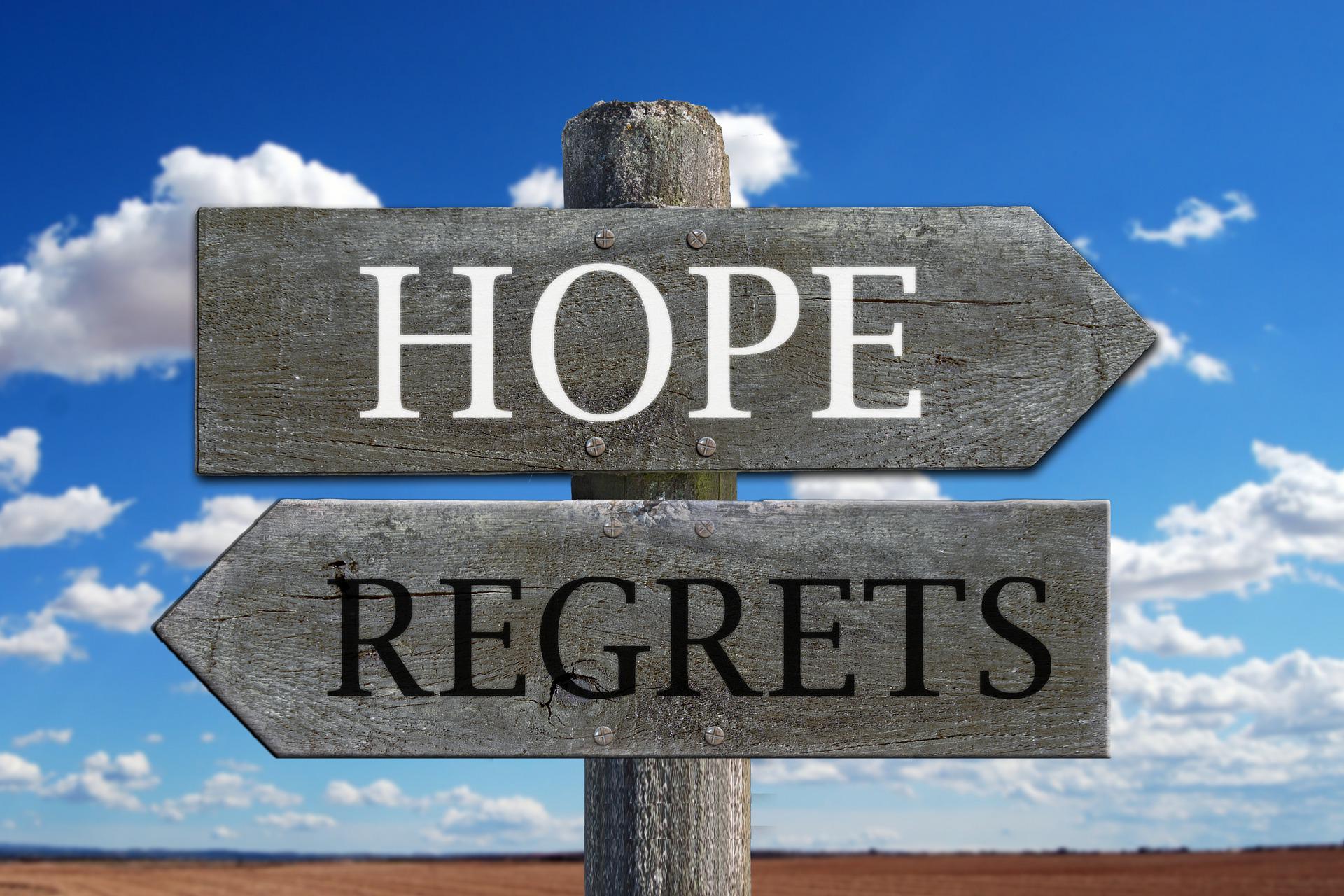A little while ago I came across a piece of research on octogenarians – people who have reached their 80’s.
The one question that stood out for me provided a simple but profound insight into how I should approach my life now, to prevent me from having the same regret after experiencing more than 80% of my life.
The question was this: When you look back on the life that you’ve lived, what is your greatest regret?
What do YOU think was the #1 answer across the large survey?
I posed this question to a group of business executives I was training this week. After a few days of helping this group to get clearer on their priorities and to reconnect with what they value most, their guesses were perfectly reasonable.
“Didn’t spend enough time with the ones they loved?” one suggested. A logical thought from a 21st century executive.
“Didn’t do what they were passionate about?” another chimed in. Close but not exactly.
“Worked too hard and didn’t stop to enjoy life?” a third pondered. Nope.
According to this research, the number 1 regret – the greatest regret – of those who have lived a lot of life was…
“Not taking more risks.”
That really got me thinking about how I should start living.
I trusted the research and I trusted that made a lot of sense.
And I didn’t want to have the same answer when I get called by a researcher in 2051.
So, what lessons can we take and how can we avoid having the same regret?
Here is what I did and what you can do too:
1. Trust that you can handle it.
The risk is rarely in the action but rather in our perception of what might happen afterwards to us. Our imagination spins wild tales of embarrasment, misfortune and utter catastrophe.
But we are greater than our problems. We can handle any short-term setback that might arise while we are pursuing something that really matters to us, following our dreams and opening our heart.
2. Make sure you’re ‘What If…” scenarios genuinely consider both sides
What if I fail? Hmmm….what if I succeed?
What if they laugh at me? Hmmm….what if they love me?
What if I hate it? Hmmm….what if I adore it….and if not, I can always do something else…
What if I get too scared? Hmmm….what if I find I have more courage, determination, persistence and passion than I thought I did
Our instinct is to protect and keep us safe. Follow point number 1 and allow yourself to imagine What If scenarios that light you up and ignite your fire to face the risk with courage and optimism.
3. Embrace going beyond your comfort zone
The main reason we humans stay so ‘risk-free’ in our comfort zone is because we think that beyond safety and comfort lurks the Panic Zone.
But we forget the times in the past where we have gone outside our comfort zone and discovered the real zone – the Growth Zone.
This is just beyond your Comfort Zone and well before any panic. The Growth Zone is where the thrill of life happens, where fears disappear and your true joy and fulfillment is experienced.
Embracing the combination of these 3 points will make you realize that the ‘risks’ we perceive are often just a mirage.
That in fact, when you push on in spite of perceived risks and fears and tension and anxiety….it is very, very likely that you’ll suddenly realize that it wasn’t nearly as scary as you made it out to be.
You’ll question why you took so long. You’ll feel disappointment you didn’t take those steps much earlier.
You’ll marvel at how much easier (even when uncomfortable) it was compared to what you expected.
Yet, at the same time you’ll feel the immense boost in confidence and pride that you did it.
You will feel the weight lifted from your shoulders and within your heart.
You will embrace the new opportunities and experiences that are in front of you.
You will feel liberated.
And you will not regret it.
You might even smile when the researcher calls you and you get to tell her what a wonderful life you’ve had and the adventures you still intend to create.
How have you managed to take risks? How did you feel afterwards? What lessons can you learn from the times you stepped out of your comfort zone where everything worked out just fine? How can you apply this insight to your current life?
We’d love to hear from you and for you to share with other readers.


Leave A Comment